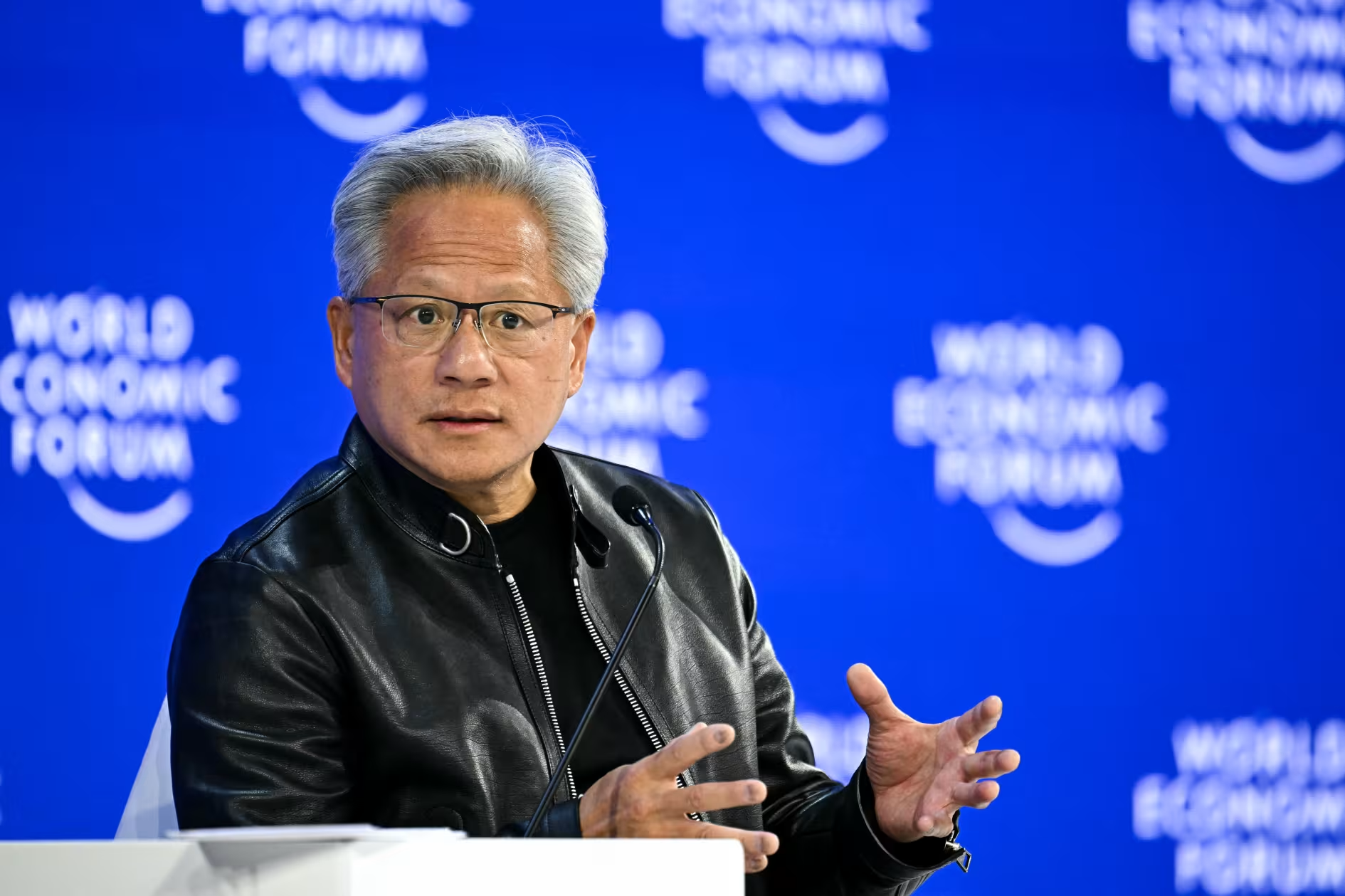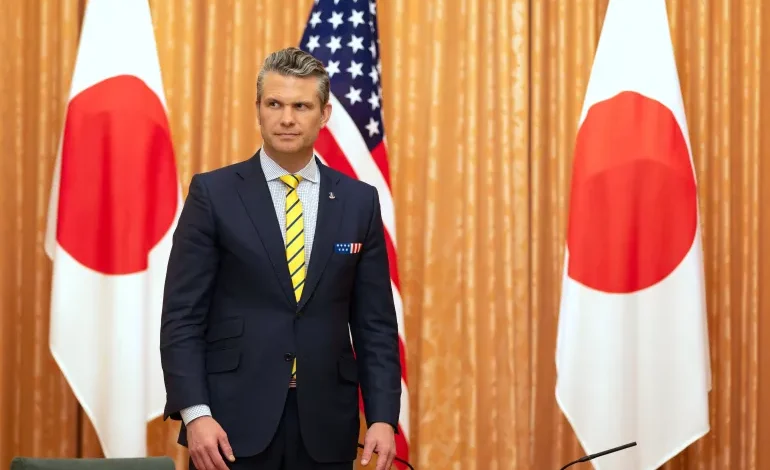United States Defense Secretary Pete Hegseth reaffirmed the strong US-Japan security alliance in Tokyo on Sunday, emphasizing a shared “warrior ethos” and commitment to deterring Chinese aggression across the Taiwan Strait, as per Al Jazeera.
During a meeting with his Japanese counterpart, Gen Nakatani, Hegseth described Japan as an “indispensable partner” in this effort.
“America is committed to sustaining robust, ready and credible deterrence in the Indo-Pacific, including across the Taiwan Strait,” Hegseth stated, addressing growing concerns over China’s increasing military presence around Taiwan, including near-daily air incursions.
Beijing has not ruled out the use of force to bring Taiwan under its control.
Hegseth criticized the previous Biden administration for creating a perceived “vacuum” that could encourage conflict, asserting that Washington is now focused on building a “robust alliance” that both realistically and perceptually deters aggressive actions from China.
The renewed commitment comes on the heels of a US military revamp announced last year, aimed at increasing coordination with Tokyo’s forces to address what both countries identify as Beijing’s “greatest strategic challenge.” Japan currently hosts approximately 50,000 US military personnel and fighter jet squadrons, primarily stationed in Okinawa, east of Taiwan.
However, the strength of this alliance is being questioned amidst President Donald Trump’s “America First” policy, raising concerns about potential impacts on US security commitments in the region. Trump himself recently criticized the US-Japan security alliance, suggesting Japan does not adequately protect Washington in return for US protection.
Despite these concerns, Hegseth and Nakatani agreed to accelerate plans for the joint production of beyond-visual-range air-to-air AMRAAM missiles and to explore collaborating on the production of SM-6 surface-to-air defence missiles to alleviate munitions shortages.
“Washington was confident Japan will make the correct determination of what capabilities are needed inside our alliance to make sure we are standing shoulder to shoulder,” Hegseth stated.
The push for increased military spending from Japan comes as the country grapples with the economic implications of Trump’s recent decision to impose a 25 percent tariff on auto imports, set to take effect on April 3.










The latest news in your social feeds
Subscribe to our social media platforms to stay tuned